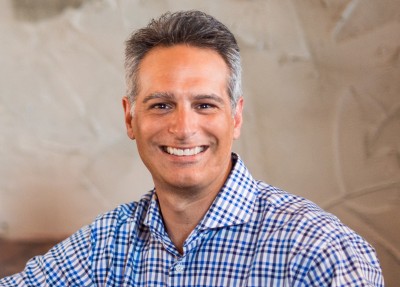NSU Newsroom
SharkBytes
Horizons
This version of NSU News has been archived as of February 28, 2019. To search through archived articles, visit nova.edu/search. To access the new version of NSU News, visit news.nova.edu.
This version of SharkBytes has been archived as of February 28, 2019. To search through archived articles, visit nova.edu/search. To access the new version of SharkBytes, visit sharkbytes.nova.edu.
Did Charisma “Trump” Narcissism in 2016?
Guest Editorial – Op/Ed
Did Charisma “Trump” Narcissism in 2016?
Why would anyone vote for Donald Trump or Hillary Clinton? My co-researchers and I set out to determine how Republican, Democrat, and Independent voters chose between Trump and Clinton in the 2016 Presidential election.
Selecting leaders is one of the most sacred rights that Americans enjoy. Our voting privilege comes with an awesome responsibility to put personal agendas aside and select leaders that will do the greatest good for the greatest number.
We studied qualities that were likely to attract voters despite the candidates’ overblown self-importance, excessively high self-esteem, and reluctance to accept criticism. Not surprisingly, the more narcissistic the candidate, the less likely they were to earn someone’s vote, and the less charismatic they seem. What else, then, convinced voters to pick ‘the lesser of two evils’?
The answer is Charisma and Values. Many qualities that make a leader narcissistic are the same that make them an appealing charismatic leader: showing confidence and power, taking risks, and putting one’s self at the center of attention.
Here’s how it works. When a voter sees a candidate as charismatic, they attribute to that person super-human qualities, and the effect is even greater when the candidate themselves touts their own horn. For example, a charismatic leader who inspires those they seek to lead them with a utopian vision of the future, may sprinkle in a bit of narcissism to convince followers that “I am the person that will take you to the promised land”. Preferences for candidates form based on these messages. Trump’s famous oration style and liberal use of rhetoric, symbolism, and metaphors likely influenced his highly charismatic rating by our sample. In contrast, Clinton was less inspiring, not rated as charismatic (statistically speaking).
When selecting leaders, people place greater weight on positive aspects of having a charismatic leader than the potential negatives of that leader’s narcissism. Charisma is the counter-balance medicine for narcissism. Voters are willing to discount a leader’s entitlement and self-serving agenda so long as that leader’s charisma can help them deliver on their vision.
The extent voters’ values align with the values of the candidates also figures into leader selection. When voters in our sample shared what they believed were Trump’s values, and they saw him as a charismatic leader, they were even more likely to vote for him.
What does all this mean? Our study shows that when voters have a choice, they will vote for a charismatic narcissist over a narcissist who lacks charisma. Further, when voters believe that a charismatic narcissist shares their values, this may allow voters to more fully embrace the candidate. The next time you go to the polls, or think about selecting the next leader for your organization, remember that charisma trumps narcissism. Values do actually matter to who you choose…just not in the way you might think they do!
This piece can also be viewed in the link below
The following research informed the statements above:
Williams, E. A., Pillai, R., Deptula, B. J., Lowe, K. B., & McCombs, K. (2018). Did charisma “Trump” narcissism in 2016? Leader narcissism, attributed charisma, value congruence and voter choice. Personality and Individual Differences, 130, 11-17.
Bryan J. Deptula, Ph.D., is an assistant professor of leadership and management at Nova Southeastern University’s H. Wayne Huizenga College of Business and Entrepreneurship.
Nova Southeastern University fully supports an individual’s right to express their viewpoint and opinions. The views expressed in this guest editorial are that of Bryan J. Deptula, Ph.D. in Nova Southeastern University’s H. Wayne Huizenga College of Business and Entrepreneurship and are not necessarily those of NSU, its President or Board of Trustees.
